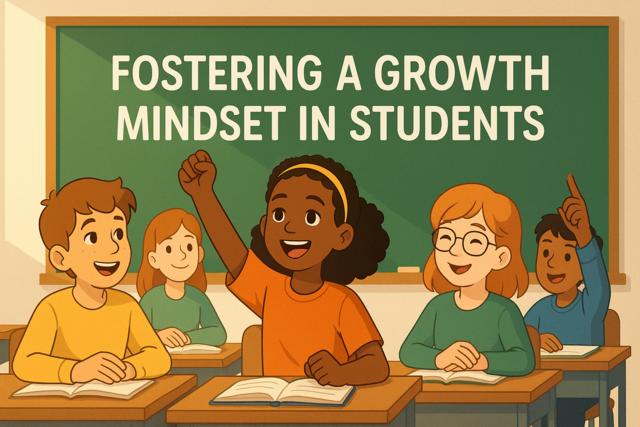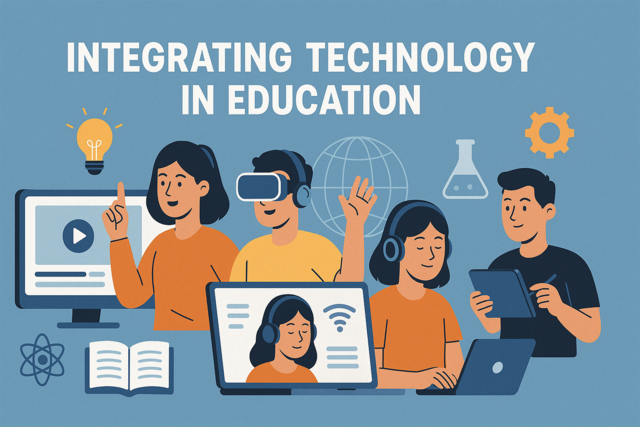Online Class: Creating Learner-Centered Classrooms

no certificate
with CEU Certificate*
-
15Lessons
-
22Exams &
Assignments -
6Hours
average time -
0.6CEUs
Course Description
Imagine stepping into a classroom where every student feels not only seen and heard but also empowered to lead their own learning journey. Welcome to "Creating Learner-Centered Classrooms," a groundbreaking course designed to revolutionize your teaching strategy and transform the educational experiences of your students. This isn't just a course; it's a movement towards a future where classrooms are dynamic ecosystems of trust, curiosity, and innovation. By enrolling, you are taking the first step toward becoming an educator who doesn't just teach but inspires.
From the moment you begin this transformative experience, you'll be invited into a world where traditional educational practices are reimagined. You'll uncover the secrets of cultivating trust and psychological safety, essential components that lay the foundation for classrooms where students thrive. Imagine the power of an environment where every learner feels encouraged to express themselves, where diversity is celebrated, and cultural perspectives are woven beautifully into the fabric of education.
But this course doesn't stop at creating a safe space. It dives deep into the heart of motivation, distinguishing between intrinsic and extrinsic factors that drive learning. You'll discover how to leverage formative assessments to tailor educational experiences that align perfectly with each student's needs. This isn't just adaptation; it's a personalized journey crafted to unlock each learner's potential.
As you explore inquiry-based learning, you'll be amazed at the impact of nurturing curiosity. Picture students who are not just absorbing information but questioning, connecting, and applying their knowledge to real-world contexts. You will be equipped with the tools to foster independent and engaged learners, ready to innovate and excel in an ever-evolving world.
The narrative of this course takes an exhilarating turn as we delve into critical thinking, empowering your students to become architects of their own learning. Gone are the days of passive consumption; here, students analyze, synthesize, and appreciate diverse perspectives, growing intellectually and personally. You are not just an educator; you are a catalyst for profound change, guiding students to think deeply and creatively.
In the realm of adaptive learning technologies, you will witness the transformative potential of a data-driven approach. Envision classrooms where technology is not just an accessory but a powerful ally, enabling swift adaptations to meet unique student needs. The result? A tangible improvement in student outcomes, grounded in learning experiences informed by real-time insights.
As you journey through the kaleidoscope of education, the importance of diversity becomes crystal clear. You'll explore strategies for creating culturally responsive and empathetic environments, where every student's voice contributes to a richer, more inclusive classroom culture. Your role evolves from educator to mentor, as you cultivate spaces where students feel valued and empowered to excel both academically and socially.
Empowerment is not just a theme; it's the core of this course. You will master the art of building self-directed environments, transforming students into active participants in their education. With autonomy and choice, students engage more deeply, embracing opportunities to develop critical thinking and problem-solving skills through personalized projects.
"Creating Learner-Centered Classrooms" is not just an online course; it's a journey toward educational transformation. It empowers you to break free from the confines of traditional teaching and embrace a pedagogy that values student agency, empathy, and innovation. By the end of this course, you won't just be a teacher; you'll be an agent of change, prepared to foster resilient and empathetic learners ready to tackle the challenges of tomorrow.
Join us on this extraordinary journey. Enroll today and take the first bold step toward transforming your classroom into a vibrant, learner-centered community. Your students are waiting to be inspired, and you are the educator they've been waiting for. This course is your invitation to make an impact that lasts a lifetime. Don't miss out on the opportunity to be part of a revolutionary educational movement.
- Completely Online
- Self-Paced
- 6 Months to Complete
- 24/7 Availability
- Start Anytime
- PC & Mac Compatible
- Android & iOS Friendly
- Accredited CEUs

Course Lessons
Lesson 1. Cultivating Trust and Psychological Safety in Learning Environments
Collaborative learning driven by trust not only meets educational goals but also strengthens interpersonal skills. Employing culturally responsive teaching and technology, educators make learning inclusive and beneficial while integrating diverse cultural perspectives into the curriculum.Lesson 2. Intrinsic vs. Extrinsic Motivation in Education
The significant role of formative assessments in continuously adapting teaching methods to align with student needs is highlighted, using tools like quizzes and peer reviews. This diagnostic approach allows instructors to support each student's progress effectively, ultimately customizing the learning journey.Lesson 3. Inquiry-Based Learning: Fostering Curiosity and Innovation in Modern Classrooms
Inquiry-based learning transforms education by placing curiosity and critical thinking at its core, encouraging students to explore and connect knowledge to real-world contexts. With the support of technology, this methodology develops essential skills, fostering independent and engaged learners prepared to navigate and contribute to the 21st century.Lesson 4. Fostering Critical Thinking: Empowering Student Architects of Learning
Critical thinking in education transforms students into active learners by empowering them to question assumptions and synthesize new ideas within a learner-centered environment, fostering intellectual growth and personal development. It encourages analysis of cultural and historical contexts in literature and politics, empowering students to appreciate diverse perspectives and complexity.Lesson 5. Empowering Education: Transformative Potential of Adaptive Learning Technologies
Data-driven adaptive learning technologies demonstrate significant improvements in student outcomes, evidenced by increased achievement across subjects. Educators gain valuable insights, allowing them to adapt instructional strategies swiftly to meet individual student needs.Lesson 6. The Kaleidoscope of Education: Diversity as a Key Component
Culturally responsive teaching and socio-emotional learning foster an inclusive and empathetic classroom culture, breaking down barriers to learning. Educators who embrace diversity, offer a safe space for expression, and engage with professional development empower students to thrive academically and socially.Lesson 7. Empowering Students: Building Self-Directed Learning Environments
Creating self-directed learning environments involves prioritizing student agency, which cultivates ownership and motivates engagement, aligning with learner-centered education. By integrating autonomy and choice, teachers can inspire deeper critical thinking and problem-solving skills through personalized projects and mediums.Lesson 8. Co-Creating Success: Formative Assessments as Catalysts for Student Empowerment
Technology enhances formative assessments by offering instant feedback and diverse avenues for student expression, thus promoting agency and motivation. Digital portfolios and interactive quizzes not only prompt reflection but also create adaptive learning experiences tailored to individual strengths.Lesson 9. Diverse Learner Dynamics
Understanding and catering to diverse learner needs fosters environments where each student is respected and valued for their unique perspectives and learning styles. Educators can use theories such as Howard Gardner's multiple intelligences to create inclusive classrooms that support varied intelligences, like spatial or interpersonal skills, enhancing the overall learning experience.Lesson 10. Reflective Practice: A Pathway to Educational Transformation
Student reflection, through journals or digital tools, enables self-assessment and the setting of personal learning goals, enhancing self-regulation and critical thinking. This practice micro-targets learning objectives, visualizing progress in learner-centered classrooms that prioritize student agency.Lesson 11. Fostering Resilient and Empathetic Learners
SEL's integration in education redefines success by balancing cognitive and emotional development. Effective SEL programs are linked to improved academic performance and social behaviors, creating future generations equipped with empathy, responsibility, and social awareness to thrive in an interconnected world.Lesson 12. Empowering Students: Revolutionizing the Classroom with Learner-Centered Approaches
A learner-centered classroom transforms education by focusing on student empowerment, active learning, and differentiated instruction, diverging from teacher-centered norms. Educators become facilitators, guiding students through personalized and engaging experiences, enhancing their critical thinking and adaptability skills for future complexities.Lesson 13. Innovative Classrooms: Fostering Autonomy and Engagement
In learner-centered classrooms, customizable learning and collaboration are key, empowering students to tailor their educational experiences and work together to develop diverse perspectives. This approach emphasizes formative assessment and real-world application, fostering critical thinking and preparing learners for challenges beyond the classroom.Lesson 14. Diverse Classrooms, Unified Goals: The Power of Engagement, Representation, and Expression
The UDL framework empowers educators to teach inclusively, using varied strategies to engage, represent content, and allow diverse expression, thereby removing learning barriers. Leveraging technology and innovation, UDL prepares students for complex, real-world environments by promoting adaptability and critical skills.Lesson 15. Family Partnerships for Meaningful Student Growth
Schools enhance learner-centered education by collaborating with family and community resources, bridging gaps with free educational tools and cultural enrichment activities. These initiatives ensure inclusivity, adapting both communication strategies and learning opportunities to meet diverse family needs.
Learning Outcomes
- Demonstrate effective strategies for enhancing classroom engagement through consistent routines, constructive feedback, and collaborative projects incorporating student feedback and perspectives.
- Recognize and articulate the role of psychological safety and cultural responsiveness in fostering an inclusive and supportive classroom environment.
- Define the difference between intrinsic and extrinsic motivation by providing examples from educational settings.
- Identify strategies to create a supportive classroom atmosphere based on Maslow's Hierarchy of Needs.
- Evaluate the effectiveness of integrating technology in inquiry-based learning environments in enhancing learning outcomes and developing essential 21st-century skills.
- Define the key characteristics of inquiry-based learning and describe how it fosters critical thinking and active engagement in students.
- Learners will analyze and question assumptions in diverse subjects, evaluating the influence of context and perspective to develop a nuanced understanding of issues.
- Learners will critically evaluate information by distinguishing credible sources from misinformation, developing arguments supported by evidence to become discerning consumers of data.
- Define how adaptive learning technologies use data-driven methodologies to personalize educational content for diverse student populations.
- Demonstrate the ability to analyze student performance data to tailor instructional strategies in a learner-centered classroom.
- Demonstrate the use of culturally responsive pedagogy by integrating diverse perspectives in curriculum design, fostering inclusivity and global awareness among students.
- Recognize different learning styles and adapt teaching methods to cater to auditory, visual, and tactile learners, enhancing engagement and comprehension.
- Demonstrate the ability to apply self-directed learning techniques by creating a personalized learning plan aligning with individual goals and interests.
- Demonstrate mastery of lesson content at levels of 70% or higher.
Additional Course Information

- Document Your Lifelong Learning Achievements
- Earn an Official Certificate Documenting Course Hours and CEUs
- Verify Your Certificate with a Unique Serial Number Online
- View and Share Your Certificate Online or Download/Print as PDF
- Display Your Certificate on Your Resume and Promote Your Achievements Using Social Media

Choose Your Subscription Plan
No Certificate / No CEUs
This course only
| Includes certificate | X |
| Includes CEUs | X |
| Self-paced |

|
| Instructor support |

|
| Time to complete | 6 months |
| No. of courses | 1 course |
Certificate & CEUs
This course only
| Includes certificate |

|
| Includes CEUs |

|
| Self-paced |

|
| Instructor support |

|
| Time to complete | 6 months |
| No. of courses | 1 course |
Certificates & CEUs
Includes all 600+ courses
| Includes certificate |

|
| Includes CEUs |

|
| Self-paced |

|
| Instructor support |

|
| Time to complete | 12 Months |
| No. of courses | 600+ |
Certificates & CEUs
Includes all 600+ courses
| Includes certificate |

|
| Includes CEUs |

|
| Self-paced |

|
| Instructor support |

|
| Time to complete | 24 Months |
| No. of courses | 600+ |
Related Courses
-
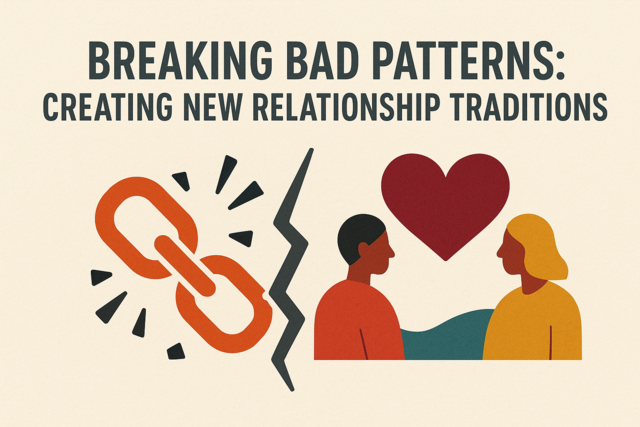 5 hours
0.5 CEUs
Breaking Bad Patterns: Creating New Relationship Traditions
+ More Info
5 hours
0.5 CEUs
Breaking Bad Patterns: Creating New Relationship Traditions
+ More Info
-
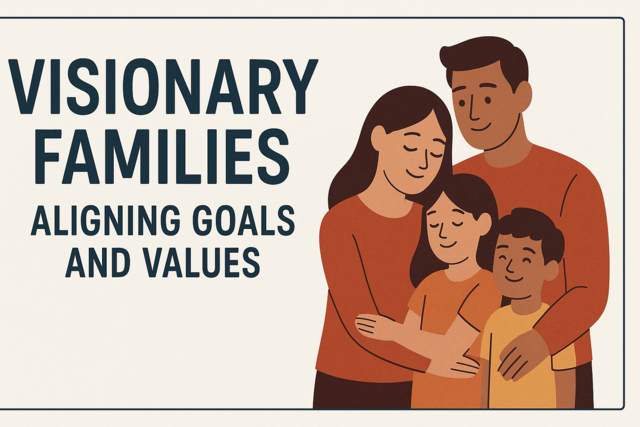 7 hours
0.7 CEUs
Visionary Families: Aligning Goals and Values
+ More Info
7 hours
0.7 CEUs
Visionary Families: Aligning Goals and Values
+ More Info
-
 7 hours
0.7 CEUs
Mysteries of the Unexplained
+ More Info
7 hours
0.7 CEUs
Mysteries of the Unexplained
+ More Info
-
 6 hours
0.6 CEUs
The Art of Dressing: Mastering High-End Menswear
+ More Info
6 hours
0.6 CEUs
The Art of Dressing: Mastering High-End Menswear
+ More Info
-
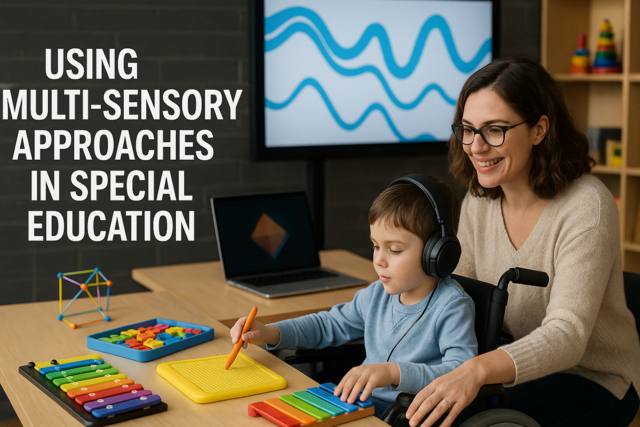 7 hours
0.7 CEUs
Using Multi-Sensory Approaches in Special Education
+ More Info
7 hours
0.7 CEUs
Using Multi-Sensory Approaches in Special Education
+ More Info
-
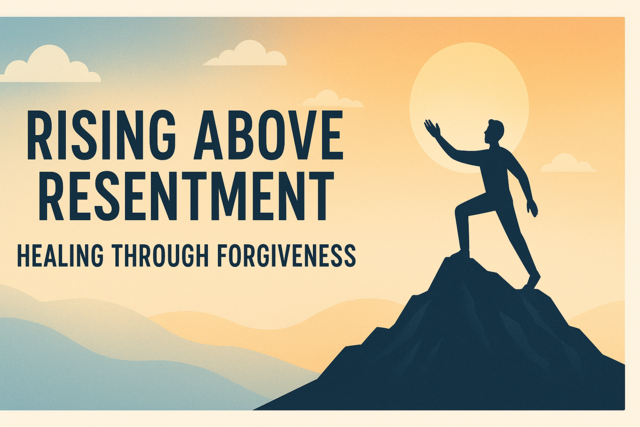 4 hours
0.4 CEUs
Rising Above Resentment: Healing Through Forgiveness
+ More Info
4 hours
0.4 CEUs
Rising Above Resentment: Healing Through Forgiveness
+ More Info
-
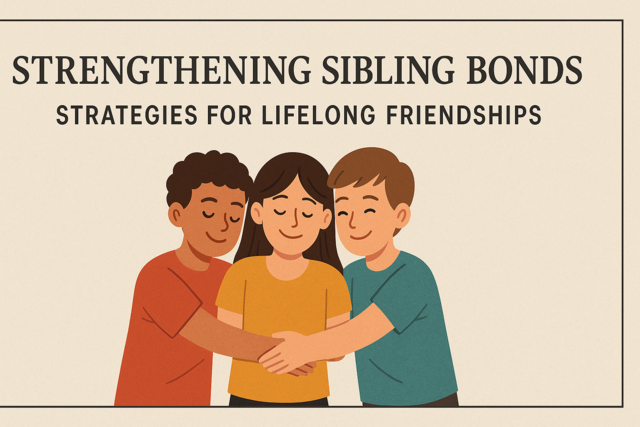 4 hours
0.4 CEUs
Strengthening Sibling Bonds: Strategies for Lifelong Friendships
+ More Info
4 hours
0.4 CEUs
Strengthening Sibling Bonds: Strategies for Lifelong Friendships
+ More Info
-
 6 hours
0.6 CEUs
Introduction to Minimalist Living
+ More Info
6 hours
0.6 CEUs
Introduction to Minimalist Living
+ More Info
-
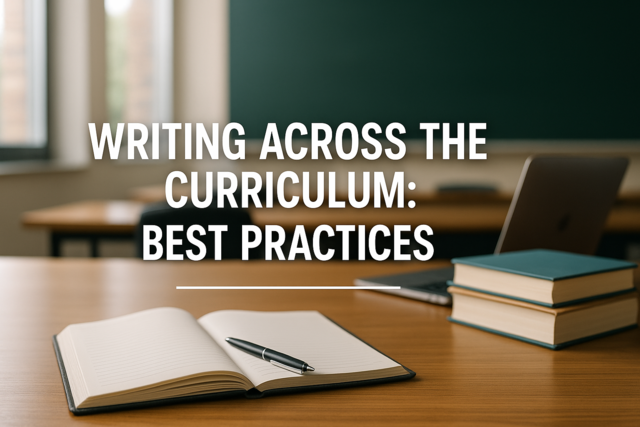 3 hours
0.3 CEUs
Writing Across the Curriculum: Best Practices
+ More Info
3 hours
0.3 CEUs
Writing Across the Curriculum: Best Practices
+ More Info
-
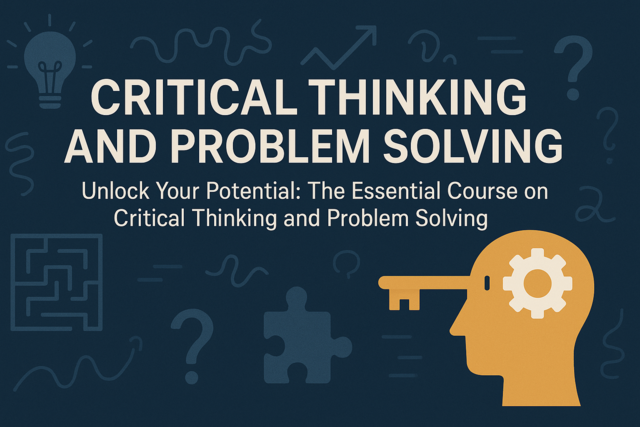 5 hours
0.5 CEUs
Critical Thinking and Problem Solving
+ More Info
5 hours
0.5 CEUs
Critical Thinking and Problem Solving
+ More Info
-
 3 hours
0.3 CEUs
Office Staff Productivity Boosters
+ More Info
3 hours
0.3 CEUs
Office Staff Productivity Boosters
+ More Info
-
 6 hours
0.6 CEUs
Data-Driven Decision Making in Special Education
+ More Info
6 hours
0.6 CEUs
Data-Driven Decision Making in Special Education
+ More Info
-
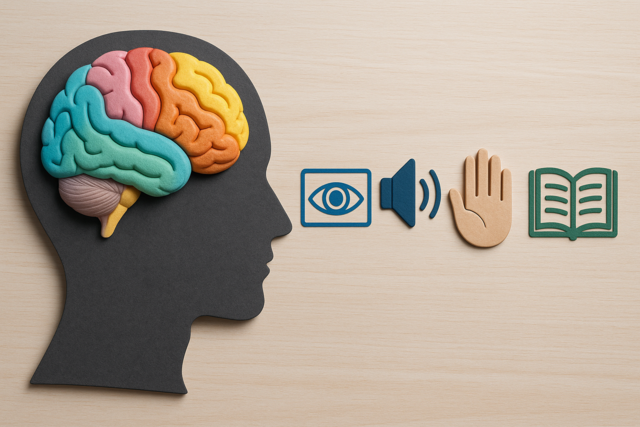 7 hours
0.7 CEUs
Understanding Learning Styles and Preferences
+ More Info
7 hours
0.7 CEUs
Understanding Learning Styles and Preferences
+ More Info
-
 7 hours
0.7 CEUs
Promoting Independence and Life Skills
+ More Info
7 hours
0.7 CEUs
Promoting Independence and Life Skills
+ More Info
-
 7 hours
0.7 CEUs
Spiritual Awakening and Self-Discovery
+ More Info
7 hours
0.7 CEUs
Spiritual Awakening and Self-Discovery
+ More Info
-
 5 hours
0.5 CEUs
Footprint of Fashion: Trends Shaping Modern Luxury Brands
+ More Info
5 hours
0.5 CEUs
Footprint of Fashion: Trends Shaping Modern Luxury Brands
+ More Info
-
 6 hours
0.6 CEUs
Fabric of the Gods: Materials that Define Luxury
+ More Info
6 hours
0.6 CEUs
Fabric of the Gods: Materials that Define Luxury
+ More Info
-
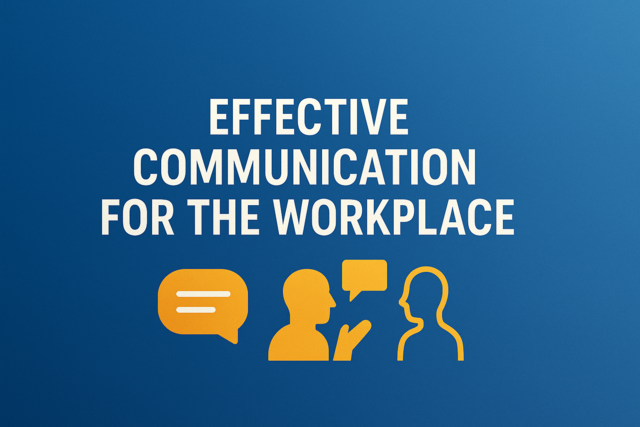 7 hours
0.7 CEUs
Effective Communication for the Workplace
+ More Info
7 hours
0.7 CEUs
Effective Communication for the Workplace
+ More Info
-
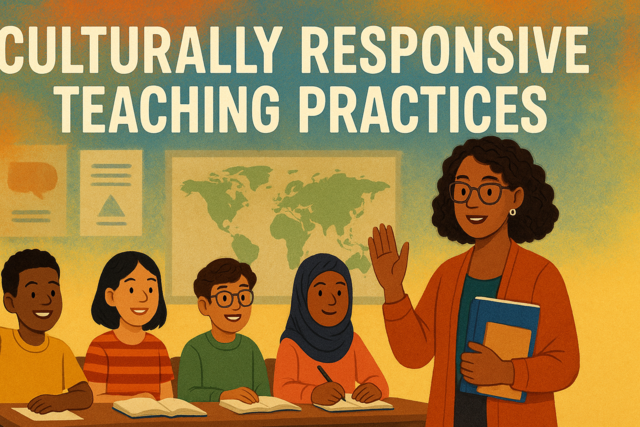 5 hours
0.5 CEUs
Culturally Responsive Teaching Practices
+ More Info
5 hours
0.5 CEUs
Culturally Responsive Teaching Practices
+ More Info
-
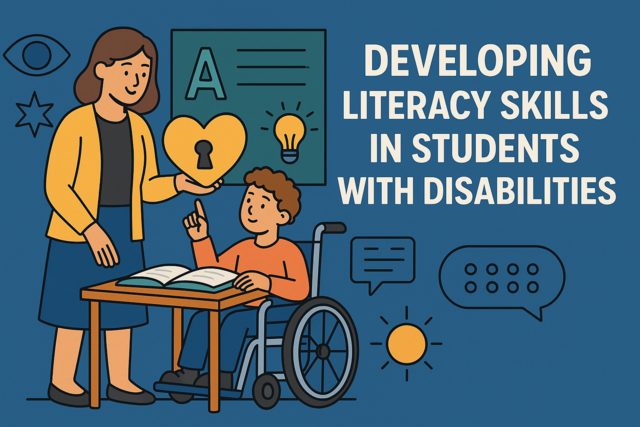 5 hours
0.5 CEUs
Developing Literacy Skills in Students with Disabilities
+ More Info
5 hours
0.5 CEUs
Developing Literacy Skills in Students with Disabilities
+ More Info
-
 7 hours
0.7 CEUs
Research Frontiers: Contemporary Studies in Trauma and Recovery
+ More Info
7 hours
0.7 CEUs
Research Frontiers: Contemporary Studies in Trauma and Recovery
+ More Info
-
 5 hours
0.5 CEUs
Family Dynamics and Trauma: Unraveling the Impact on Relationships
+ More Info
5 hours
0.5 CEUs
Family Dynamics and Trauma: Unraveling the Impact on Relationships
+ More Info
-
 5 hours
0.5 CEUs
Cooking and Nutrition for a Healthy Life
+ More Info
5 hours
0.5 CEUs
Cooking and Nutrition for a Healthy Life
+ More Info
-
 7 hours
0.7 CEUs
Developing and Maintaining Healthy Habits
+ More Info
7 hours
0.7 CEUs
Developing and Maintaining Healthy Habits
+ More Info
-
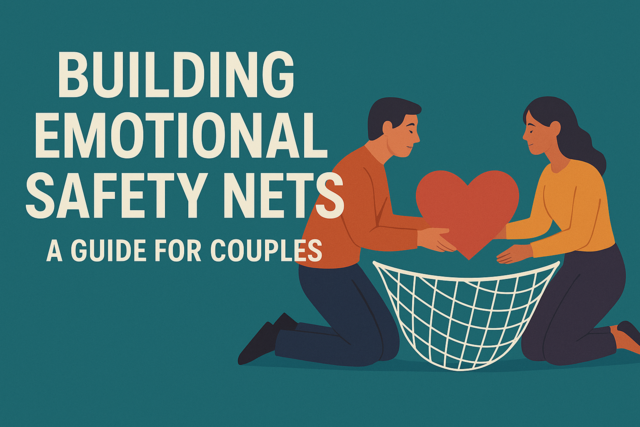 5 hours
0.5 CEUs
Building Emotional Safety Nets: A Guide for Couples
+ More Info
5 hours
0.5 CEUs
Building Emotional Safety Nets: A Guide for Couples
+ More Info
-
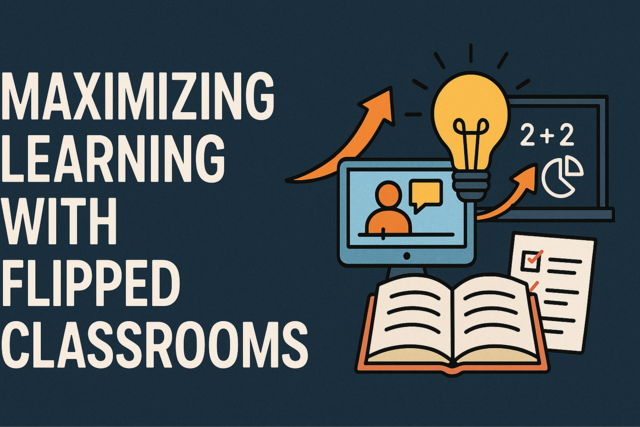 5 hours
0.5 CEUs
Maximizing Learning with Flipped Classrooms
+ More Info
5 hours
0.5 CEUs
Maximizing Learning with Flipped Classrooms
+ More Info
-
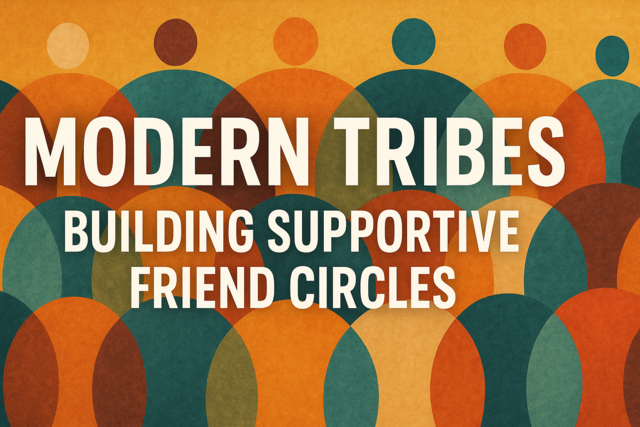 6 hours
0.6 CEUs
Modern Tribes: Building Supportive Friend Circles
+ More Info
6 hours
0.6 CEUs
Modern Tribes: Building Supportive Friend Circles
+ More Info
-
 6 hours
0.6 CEUs
Intuitive Insights: Harnessing Gut Feelings for Better Bonds
+ More Info
6 hours
0.6 CEUs
Intuitive Insights: Harnessing Gut Feelings for Better Bonds
+ More Info
-
 4 hours
0.4 CEUs
Mysteries of the Quantum Realm
+ More Info
4 hours
0.4 CEUs
Mysteries of the Quantum Realm
+ More Info
-
 4 hours
0.4 CEUs
Embracing Change: Adapting Family Roles Over Time
+ More Info
4 hours
0.4 CEUs
Embracing Change: Adapting Family Roles Over Time
+ More Info
-
 3 hours
0.3 CEUs
Preparing Students for Careers of the Future
+ More Info
3 hours
0.3 CEUs
Preparing Students for Careers of the Future
+ More Info
-
 3 hours
0.3 CEUs
Career Resilience and Adaptability
+ More Info
3 hours
0.3 CEUs
Career Resilience and Adaptability
+ More Info
-
 7 hours
0.7 CEUs
Style Sovereign: The Power of Personal Branding in Luxury Fashion
+ More Info
7 hours
0.7 CEUs
Style Sovereign: The Power of Personal Branding in Luxury Fashion
+ More Info
-
 4 hours
0.4 CEUs
Sustainable Style: Modern Luxury with a Conscience
+ More Info
4 hours
0.4 CEUs
Sustainable Style: Modern Luxury with a Conscience
+ More Info
-
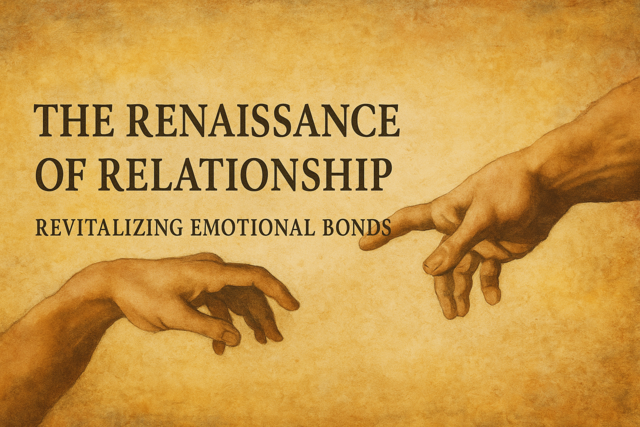 7 hours
0.7 CEUs
The Renaissance of Relationship: Revitalizing Emotional Bonds
+ More Info
7 hours
0.7 CEUs
The Renaissance of Relationship: Revitalizing Emotional Bonds
+ More Info
-
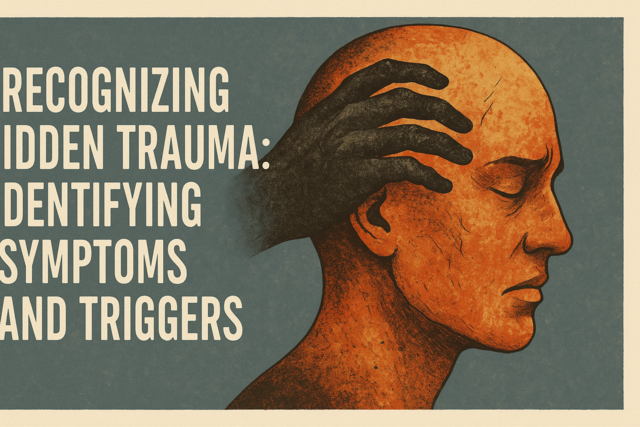 4 hours
0.4 CEUs
Recognizing Hidden Trauma: Identifying Symptoms and Triggers
+ More Info
4 hours
0.4 CEUs
Recognizing Hidden Trauma: Identifying Symptoms and Triggers
+ More Info
-
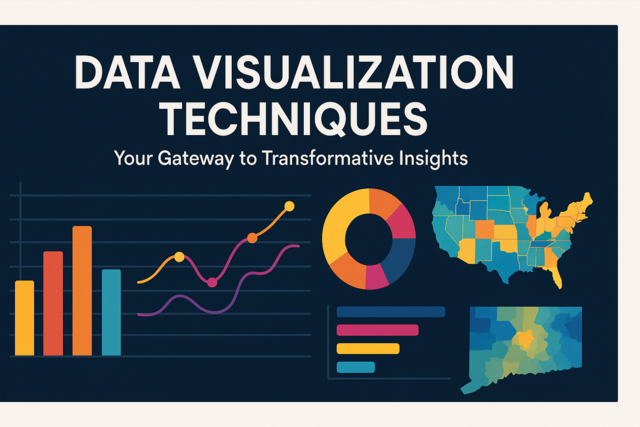 5 hours
0.5 CEUs
Data Visualization Techniques
+ More Info
5 hours
0.5 CEUs
Data Visualization Techniques
+ More Info
-
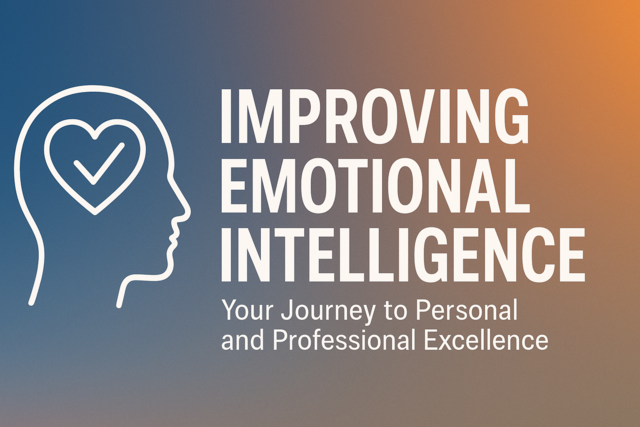 6 hours
0.6 CEUs
Improving Emotional Intelligence
+ More Info
6 hours
0.6 CEUs
Improving Emotional Intelligence
+ More Info
-
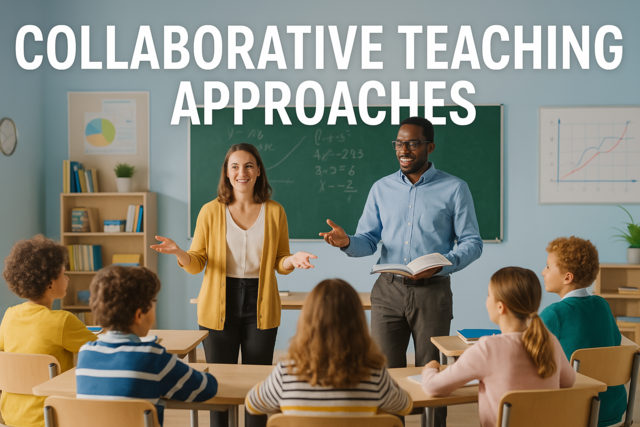 3 hours
0.3 CEUs
Collaborative Teaching Approaches
+ More Info
3 hours
0.3 CEUs
Collaborative Teaching Approaches
+ More Info
-
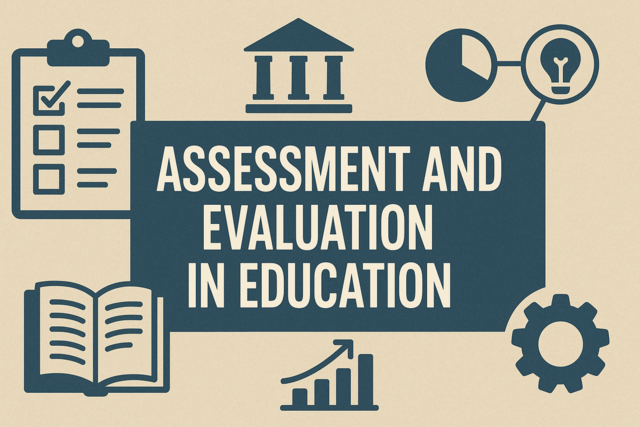 6 hours
0.6 CEUs
Assessment and Evaluation in Education
+ More Info
6 hours
0.6 CEUs
Assessment and Evaluation in Education
+ More Info



